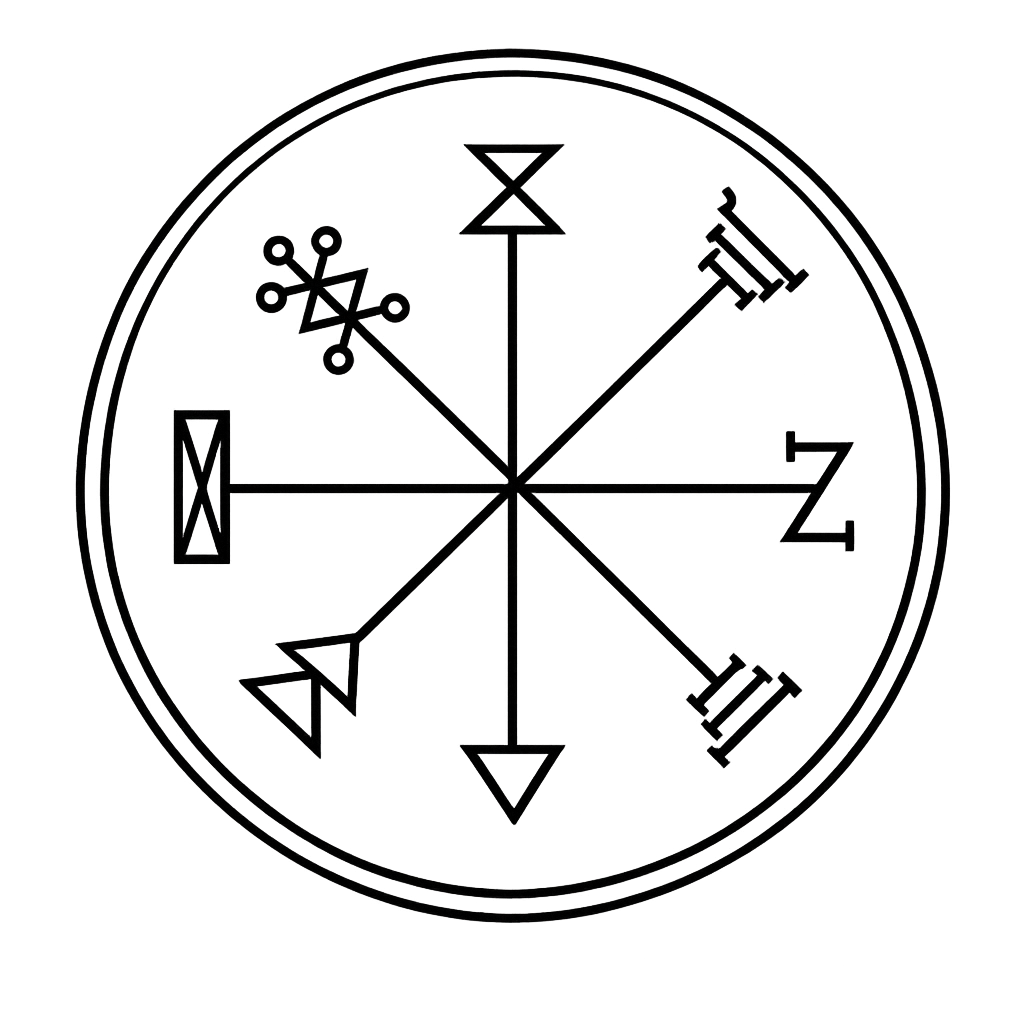When a Dream Seems to Become Reality
Everyone has experienced the feeling that a particular situation has happened before. This phenomenon is known as deja-vu, which literally means “already seen.” But what if this feeling is not only related to memory or brain function, but also to dreams we do not consciously remember?
What is deja-vu?
Deja-vu is the feeling that you have already experienced a situation, even though you know that is not the case. Approximately two-thirds of people experience this phenomenon at least once in their lifetime. It is often associated with memory processes and can occur when there is a temporary disruption in the way we process new experiences and compare them to stored memories.
Dreams and memory
We dream every night, often multiple times, but most dreams are quickly forgotten upon waking. Research suggests that about 45% of dreams are remembered, while 22% are completely forgotten. Of the remaining 33%, we know we have dreamed, but cannot recall the content.
The reason we forget so many of our dreams is complex. Factors such as brain activity, neurotransmitter levels, and psychological factors influence whether we remember our dreams.
Deja-vu and dreams
Some researchers propose that deja-vu can occur when a situation in real life contains elements we have previously experienced in a dream but do not consciously remember. This could explain why certain moments feel so familiar, even if we cannot recall a specific dream in which they occurred.
A 2010 study found that 40% of people attribute their deja-vu experiences to dreams, while 20% report that the experience comes entirely from a dream.
Theories about the origin of deja-vu
There are several theories about the cause of deja-vu:
- Neurological explanation: A temporary glitch in the brain may cause new information to be mistakenly stored as a memory, making it feel as if we have experienced it before.
- Cognitive explanation: When a new experience closely resembles a stored memory, the brain may make this association, leading to the feeling of familiarity.
- Dream theory: As discussed, dreams we do not remember can influence how we perceive reality, giving rise to deja-vu sensations.
Conclusion
Although science does not yet fully understand why we experience deja-vu, the dream theory provides an intriguing explanation. It suggests that our dreams, even if we do not consciously remember them, have a lasting impact on how we experience the world around us. Perhaps those moments of deja-vu are indeed brief recollections of dreams we once had but have since forgotten.


Leave a Reply
You must be logged in to post a comment.